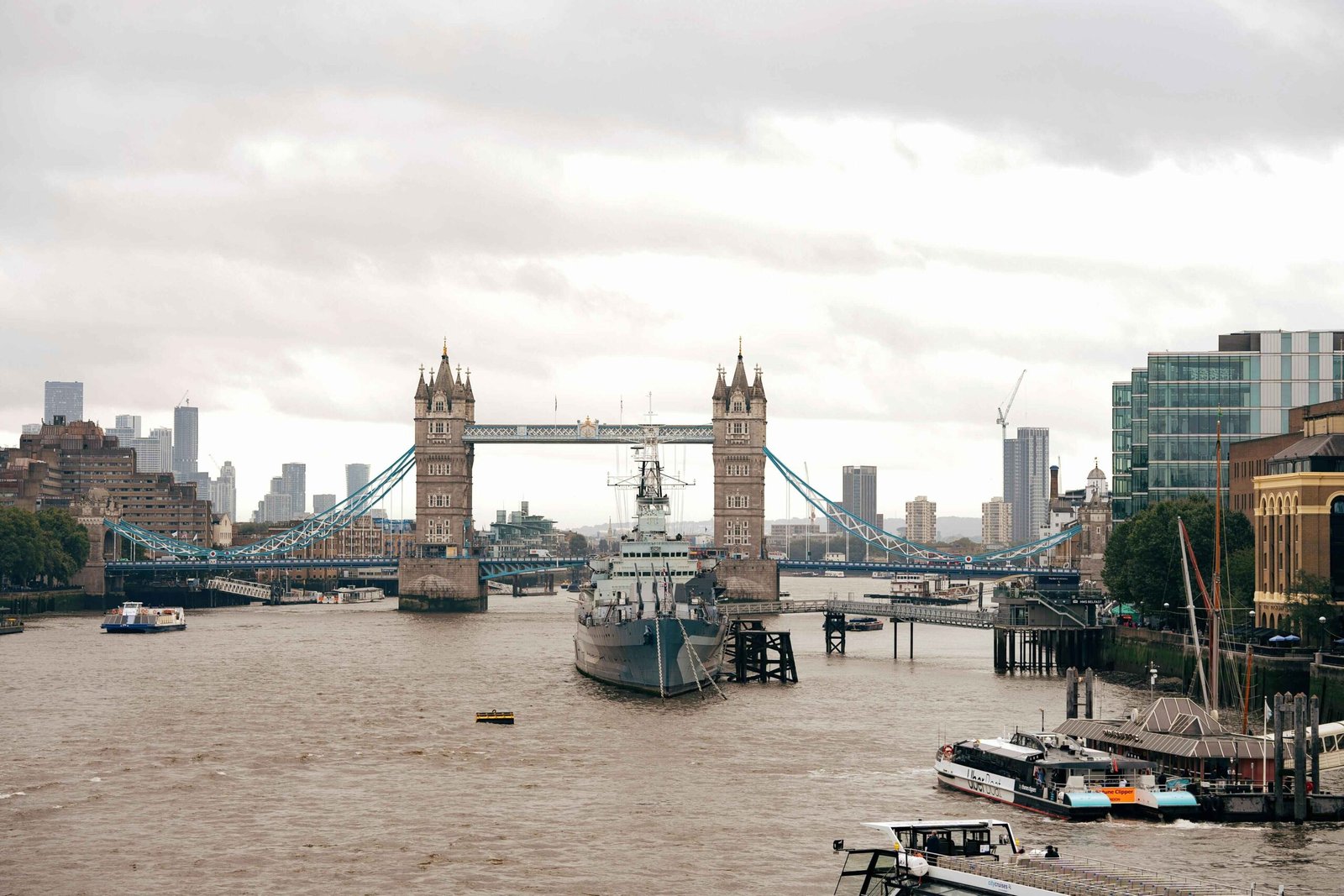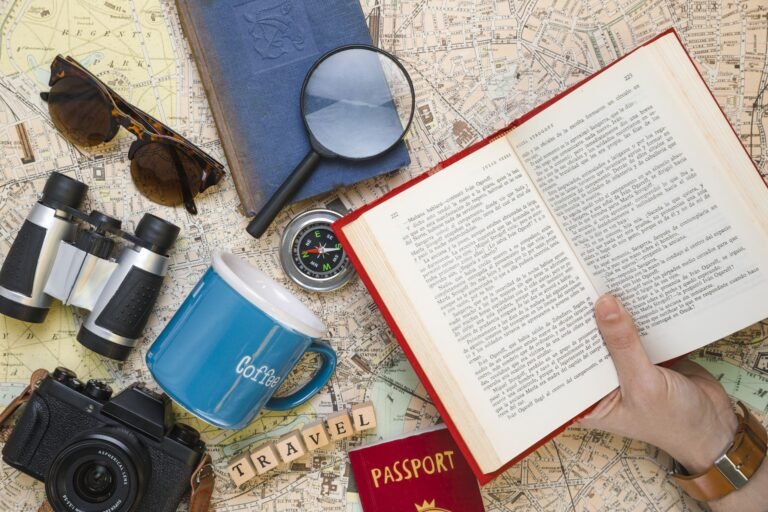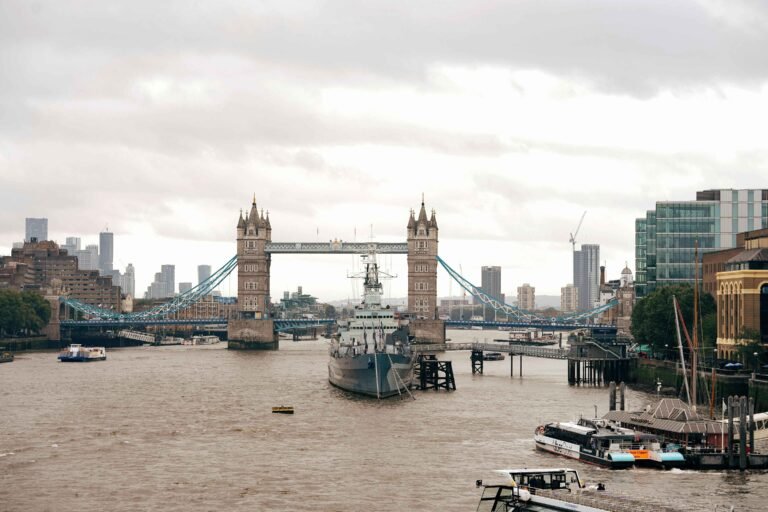Travelling is an emotional and psychological experience that enhances our feeling of self-discovery and personal development, and it involves more than just seeing new locations. The UK’s undulating hills, ancient sites, and cultural centres appeal to universal human needs for tourists. However, what motivates these cravings, and how does consumer psychology influence the routes we take?
Novelty-seeking is a fundamental psychological idea that helps to explain our desire to travel. This characteristic describes our innate yearning for novel situations and encounters. Researchers studying sensation-seeking behaviour, such as psychologist Marvin Zuckerman, discovered that people’s inherent need for novelty. Travellers can satiate this craving by seeing places like the picturesque Lake District or the busy streets of London, which offer possibilities for both thrill and education.
The self-determination theory (Ryan & Deci, 2000) explains why travellers select locations that complement their values and objectives in addition to novelty. People want to significant experiences for personal growth and autonomy. Travellers who visit historically significant locations, like Stonehenge or Edinburgh Castle, feel more connected to the past and have more time to think back on their own lives and goals. Furthermore, the reason why people have strong attachments to their vacation memories can be explained by the endowment effect, a cognitive bias in which people value things more once they acquire or use them. Daniel Kahneman and Richard Thaler, two Nobel laureates, found that travel had a particularly powerful effect on this effect, where the experience becomes a part of the individual’s personality. As international travellers, the memories and cultural connections we forge during these trips often become cherished parts of our identity.
In conclusion, travelling throughout the UK is a trip with psychological requirements at its core, not just a way to cross places off a list. Travelling can be more meaningful and memorable if we know why we do it.
References:
Ryan, R. M., & Deci, E. L. (2000). Self-determination theory and the facilitation of intrinsic motivation, social development, and well-being.
Zuckerman, M. (1994). Behavioral expressions and biosocial bases of sensation seeking.
Kahneman, D., & Thaler, R. H. (1991). Economic analysis and the psychology of utility: Applications to compensation policy.







